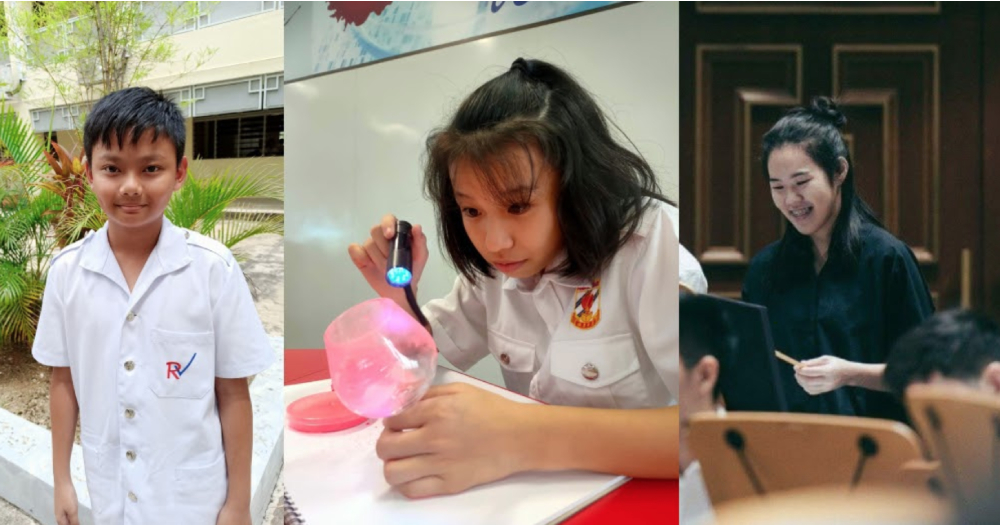Singapore’s education system is said to value meritocracy, and reward those with outstanding academic achievements.
But as compared to decades ago, a student now has far more options when it comes to developing their potential.
For instance, the Direct School Admission (DSA) programme recognises that everyone has different interests and talents.
Started in 2004, it aims to provide students with more pathways in the education system so academic results are not overly emphasised.
Crafted as an alternative system to admit students into secondary schools and junior colleges (JCs), the programme allows students with diverse strengths to pursue their interests, excel in what they enjoy doing, and fulfil their potential.
Such an alternative route in educational advancement helps to recognise young Singaporans’ varied talents.
It also contributes to the holistic education that students receive in Singapore’s schools, and encourages the joy in learning among students.
Mothership spoke to three students of diverse backgrounds and interests, to find out about their experiences with the DSA so far.
Isabel Choo, 23: A band kid through and through
Isabel Choo, a final year student reading psychology and sociology at the Singapore Management University, was actively involved in concert band starting from the time when she was in primary school.
While she had followed in her elder sister’s footsteps and joined the co-curricular activity (CCA) when she was in Primary 2, Choo eventually discovered her love for performing, and found her place in the band as a percussion player.
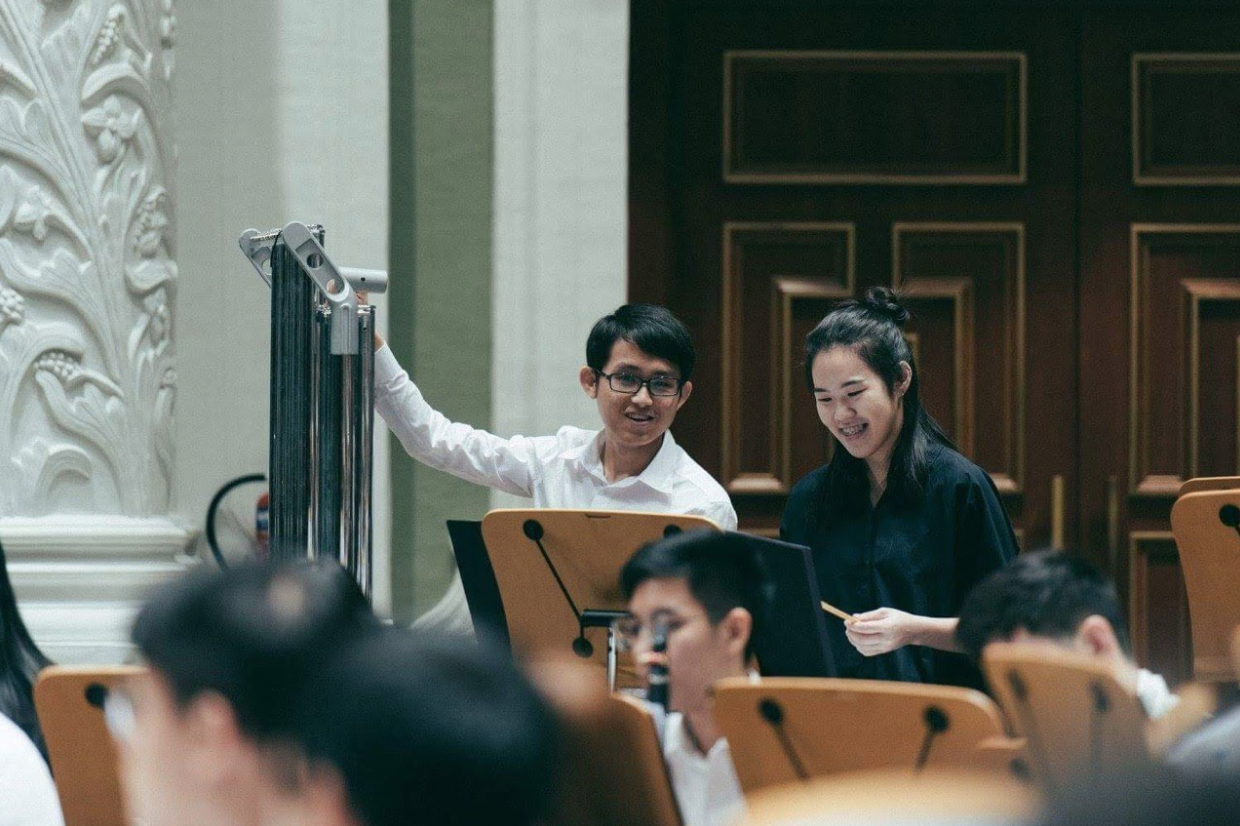
Being in a band has provided Choo with opportunities that she would not have received otherwise.
For instance, she went with the band to Genting, Malaysia, for a performance when she was in Secondary 1.
She also took part in the Singapore Youth Festival when she was in Secondary 2, which was an event that her peers in the same year were deemed not ready to participate in yet.
Coupled with the support she found from what she described as “a tight-knit community”, Choo stayed with the band for the next 15 years, even going back to her JC to help out as an alumni after she entered the SMU Symphonia.
Choo’s talent in the band was recognised when she was appointed in 2012 as the drum major, which is the leader for a marching band, after being in the band for just two years.
As drum major, not only did she lead the band during the National Day Parade, she learnt to march and twirl a mace as well, an endeavour which she took a full month to learn and perfect.
But while being in a band has helped cultivate her musical talent and allowed her to form lasting friendships, the amount of time she poured into band-related activities while still seeing to her academic commitments as a student meant she had to juggle her studies too, which was not easy.
While her grades during her band’s performance season took a hit from time to time, Choo was able to catch up with her studies with the help of her friends and teachers.
“They were very understanding of the situation and were willing to meet me after school to go through what I had missed in class,” she said.
Having derived much joy from her involvement with the band, and experienced growth as both a team player and a leader, Choo recommends others to take the DSA route should they be really into their CCA or interests, like her.
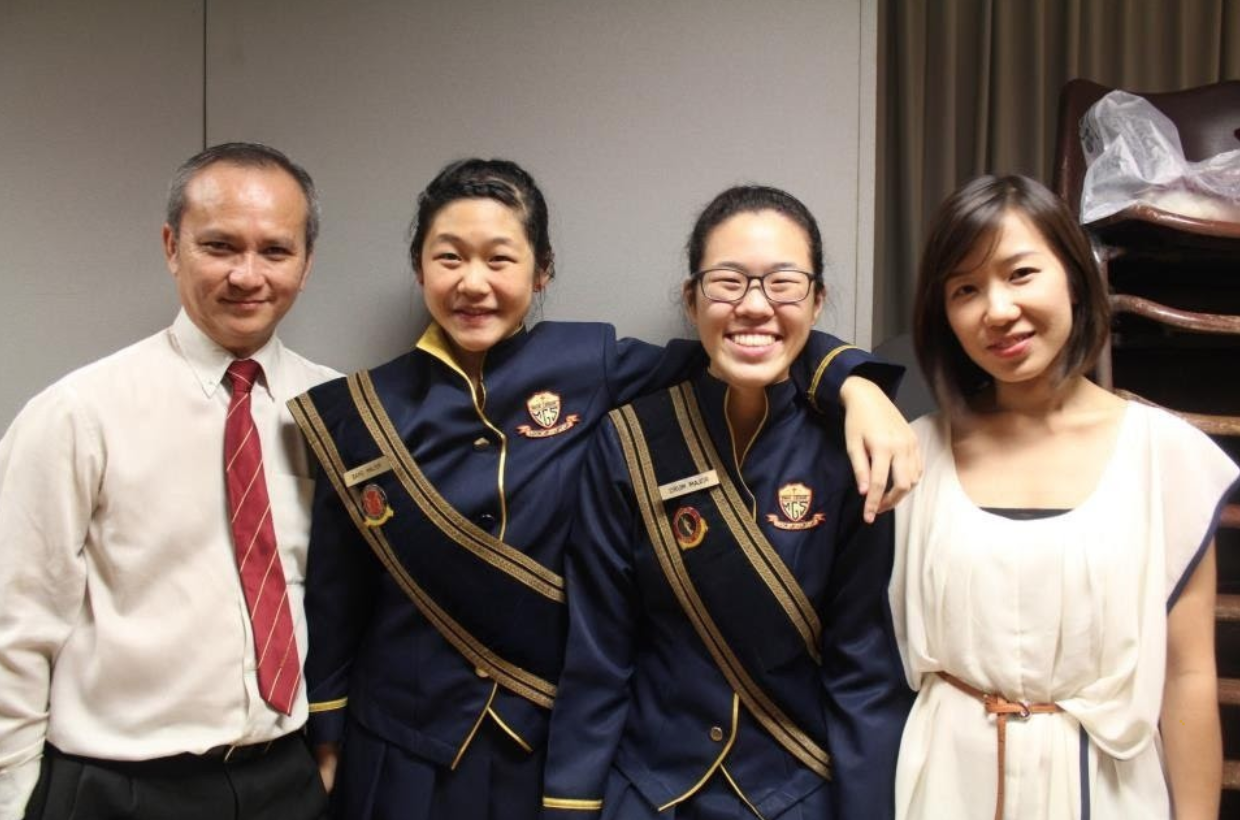
Saying that the DSA programme had helped her stand out from the rest of her CCA mates, Choo likened the route to “a fast-track in one’s CCA life”.
“If you really have a particular interest or hobby, do consider DSA as a means for certainty in your future and also an opportunity to further excel in the area you’re interested in,” she said.
But while Choo aspires to be a behavioural therapist for children -- an occupation that is not strictly related to a concert band -- the time she spent honing her craft, and the discipline she exercised by going for regular trainings, will go far in cultivating her character and prepare her for the working world.
Kika Cheah, 13: Never too young to discover your love for science
Kika Cheah, 13, still remembers the sense of fascination she felt when she first saw how magnets attract and repel each other by an invisible force.
Still a lower primary student at that time, she dived right into the mechanics of magnets, learning about how they work and why they only attract certain materials but not some others.
While she enjoys science classes immensely, she soon realised that simply learning about science in the classroom is not enough to satisfy her desire to go deeper into the subject matter, and think critically beyond what the textbook offers.
After learning that she could create a science project of her own at the Science Buskers Festival, Cheah decided to go for it.
Guided by their father, Cheah and her twin sister managed to build a generator that generates electricity from kinetic energy.
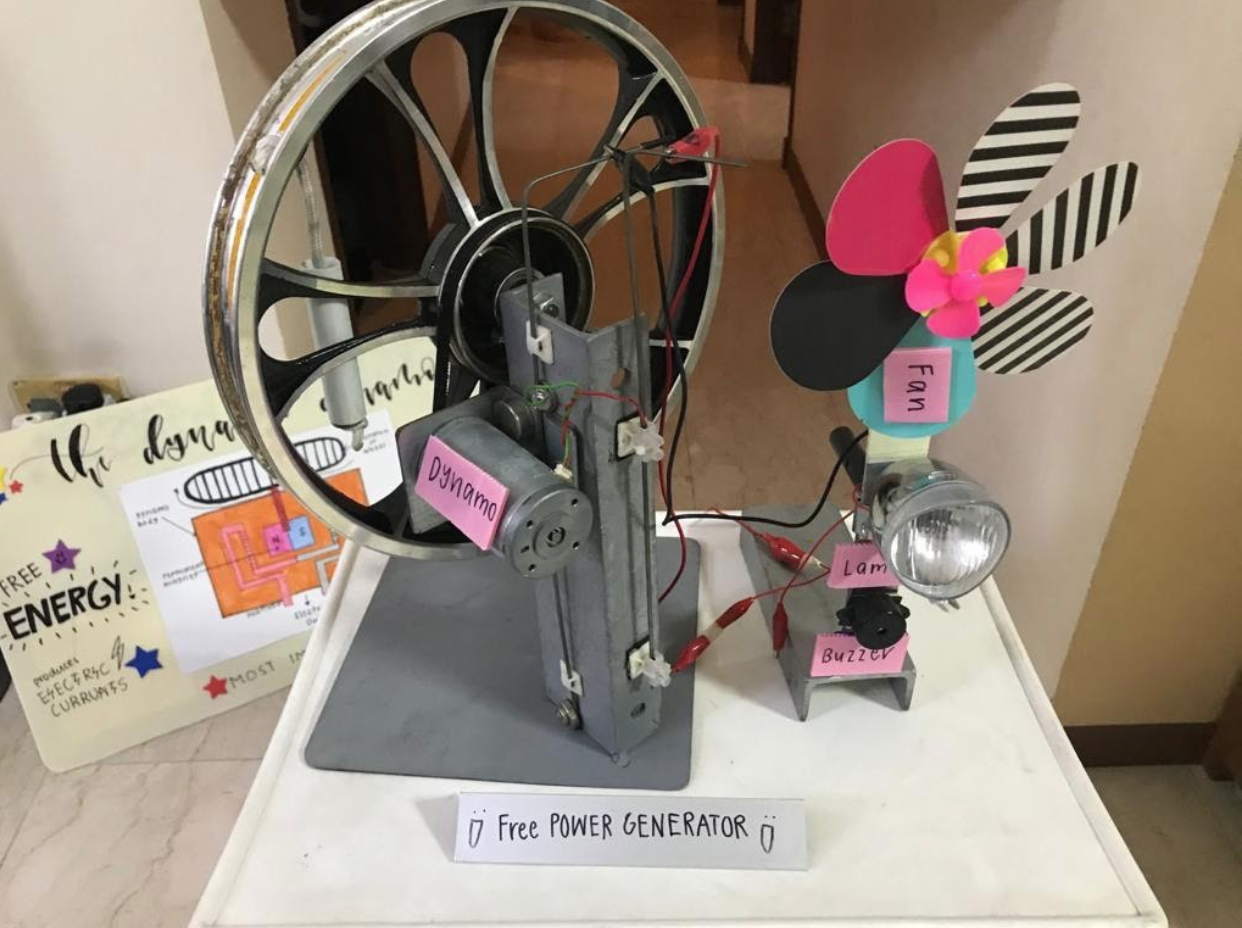
Recounting the numerous failures she experienced in the process, Cheah told Mothership she was able to persevere throughout the project due to her passion and discipline.
Her efforts paid off -- Cheah and her sister eventually won first place in the competition.
But even without the award, Cheah said the two weeks of effort she put into the project were worth it, for she learnt about the importance of sticking to something she started and not give up halfway.
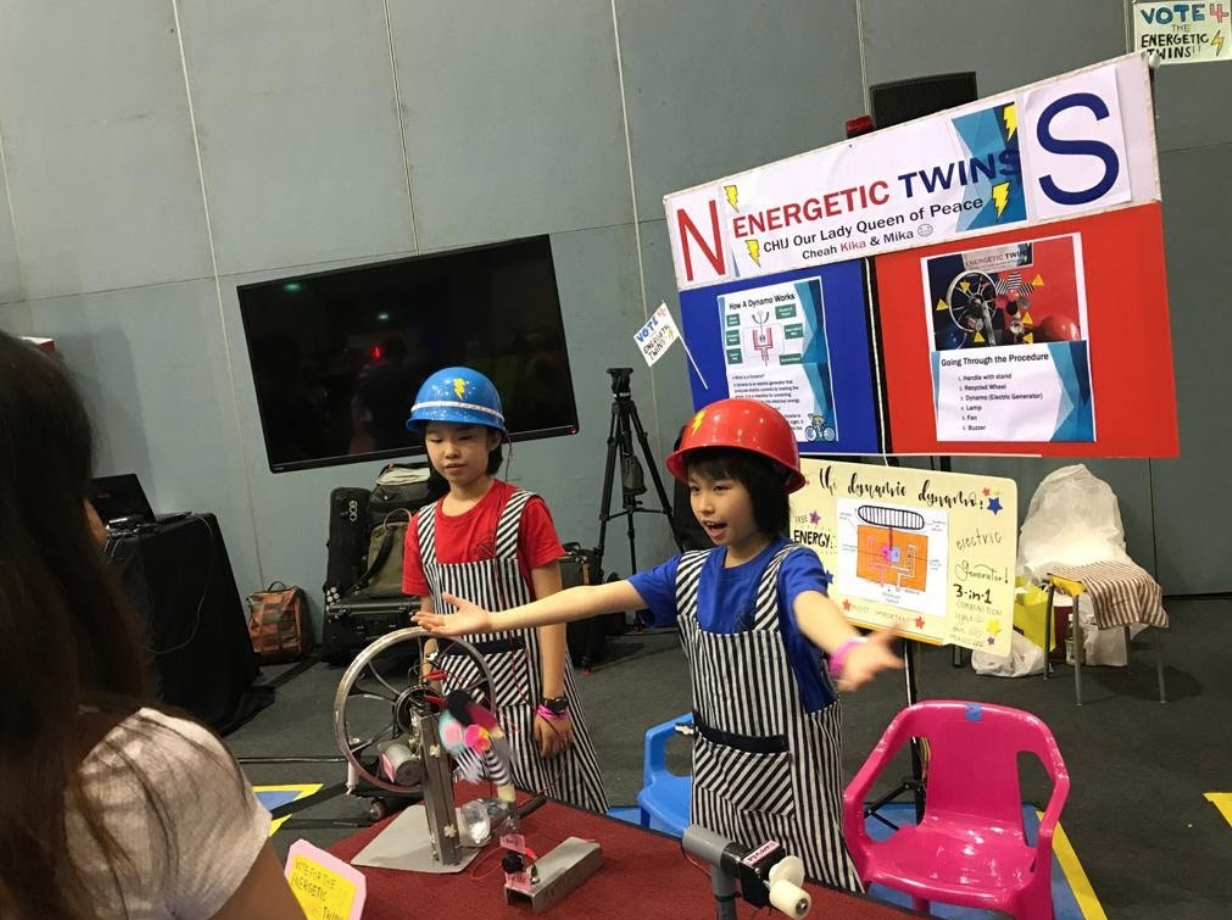
Cheah’s love for the sciences carried over to Fuhua Secondary School, where she had applied for DSA in Forensic Science.
Inspired by whodunits -- stories about murder in which the identity of the murderer is not revealed until the end -- she developed a deeper interest in forensic science.
Learning about the science behind a ‘crime scene’ and the various ways to crack it, Cheah said she enjoys unravelling such mysteries.
Doing so requires her to observe keenly, to ask incisive questions, and to think about how the ‘crime’ was committed, she said.
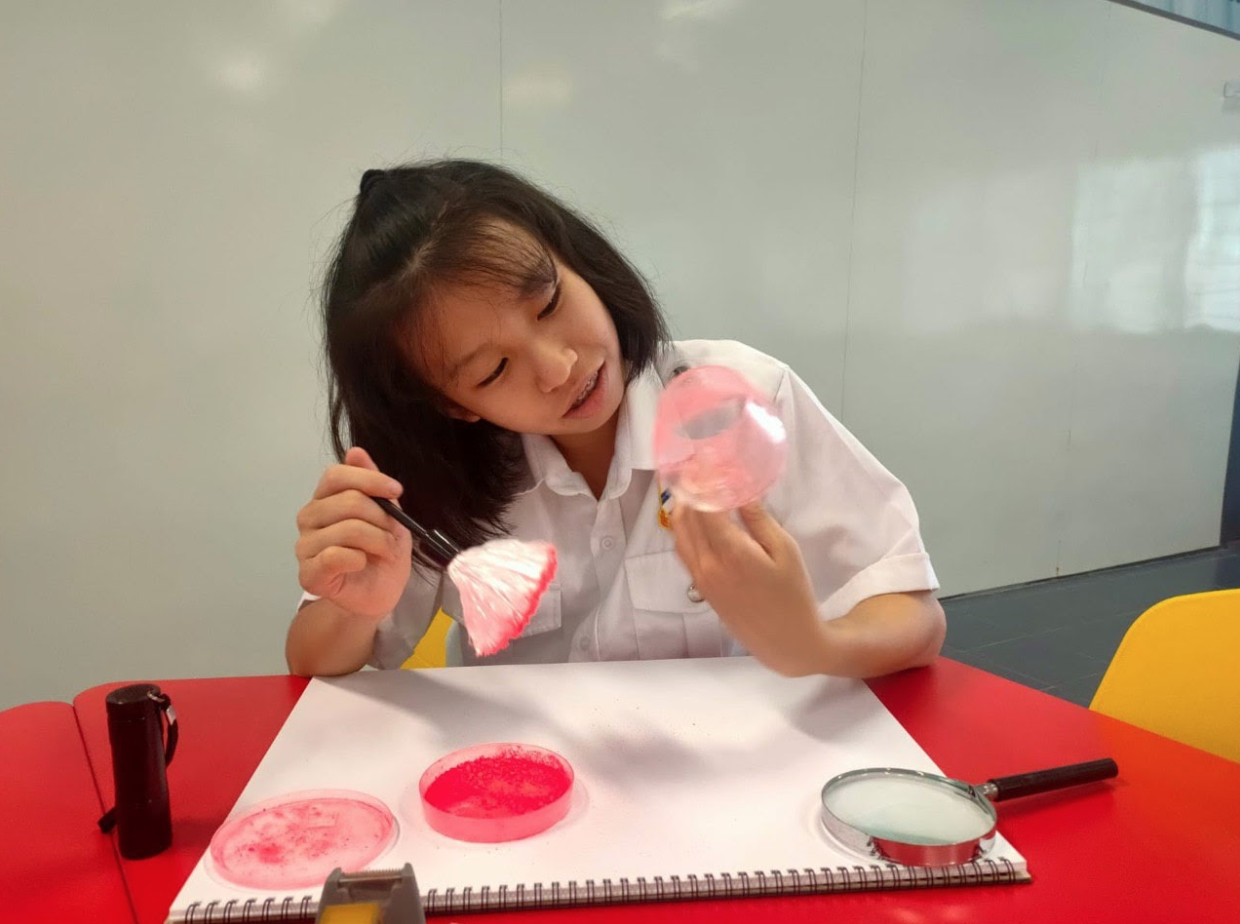
One particular lesson that left a deep impression on her was the time when she learnt about the different forensic techniques used to investigate crimes.
Cheah and her schoolmates conducted a burn test on different fabrics.
Becoming animated as she talks about it, Cheah said polyester burns more quickly and gives off a stronger smell, whereas nylon burns slower as it is harder to catch fire.
While the fabrics looked identical, they all burnt differently, she added.
The episode taught her the importance of close examination and to “consider all evidence thoroughly with an open mind before drawing any conclusion”, she said.
Cheah, whose teachers said was “a joy to have around”, looks forward to future sessions where she and her classmates will have access to a decommissioned car that will be set up to look like an actual crime scene.
Future classes in store for her also include coding and scam-related cases -- the latter initiated by the school due to a recent rise in online scams.
While Cheah now juggles the demands of ALP, her studies and the Tchoukball Club, which she is Lower Secondary Captain of, she said she does not feel particularly overwhelmed as long as she has “discipline and focus”.
Moreover, it helps that ALP classes are within the normal school schedule, which means she does not have to take time out of her regular commitments to engage in her interest.
And that’s a wonderful arrangement for a student like Cheah who has multiple interests, not just academic ones.
Soh Jun Yu, 13: In search of solutions to help the environment
After sensing the weather in Singapore feeling like it was a lot hotter, 13-year-old Soh Jun Yu decided to take action.
He joined the environmental club in primary school, and joined his clubmates to spread the message of reducing waste and reusing products.
Besides learning that recycling can be “very inefficient”, as the process may use more resources, Soh took part in various events that deepened his knowledge on the subject matter, and also allowed him to develop his social and leadership skills.

He and his clubmates had gone as far as gathering signatures over the course of three days for the 2018 Global Youth Summit for a pledge to impact the environment positively.
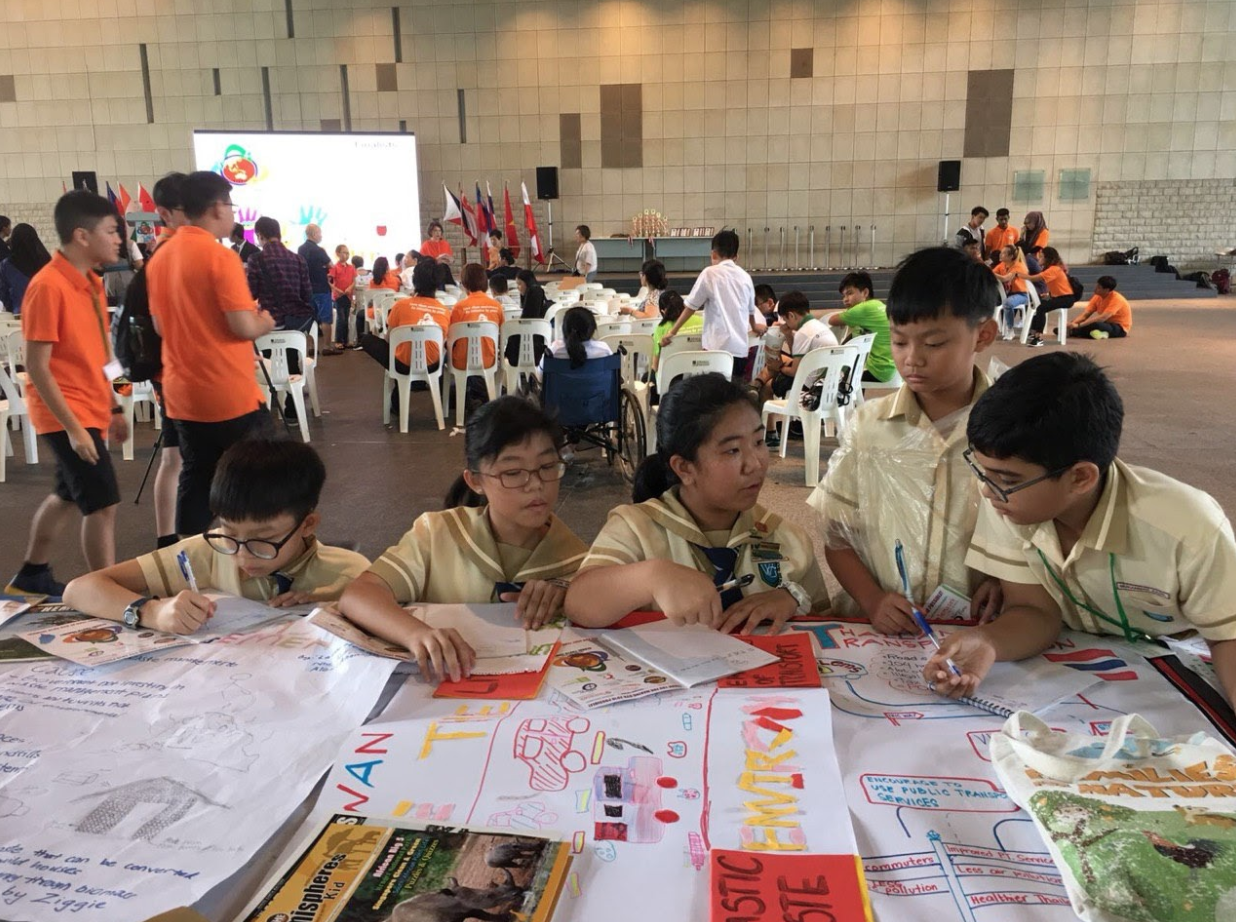
While Soh’s interest in the environment started when he was a primary school student, his interest grew deeper after he progressed to secondary school through the school’s DSA in Environmental Science.
He was allowed to maintain his environment-related activities as part of his schoolwork.
But Soh’s interest in the environment was not simply limited to the school.
While he is jogging outside, he said he does his part for his immediate environment by picking up plastic bottles and trash when he sees them.
He would also make it a point to talk to his neighbours about reducing, and even reusing waste.
In fact, so passionate is Soh in wanting to do more to help improve the environment, that he said with certainty that even without the DSA programme, he would be doing something that is related to the environment.
After all, there is only one Earth, which is why it is necessary to conserve it for future generations, he said.
This sponsored piece by the Ministry of Education made the writer wish she had enough talent to shine in an interest, hobby or passion when she was still in school.
If you like what you read, follow us on Facebook, Instagram, Twitter and Telegram to get the latest updates.
